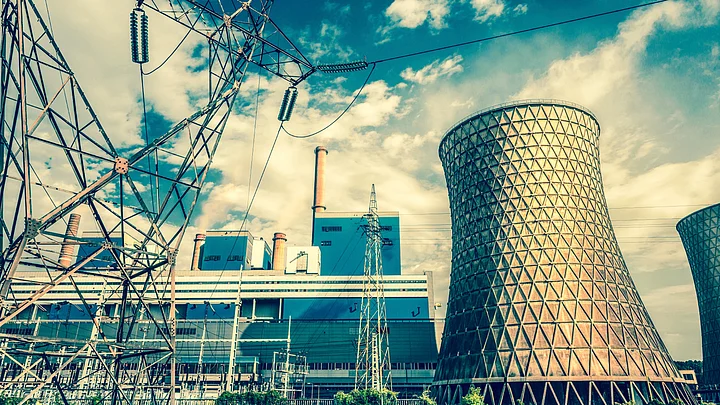The Narendra Modi government sought to revive a 20 billion dollar deal for a nuclear power plant with US-based firm Westinghouse on 28 June. However, the track record of the company does not inspire confidence, say experts.
Westinghouse was to install a nuclear plant in Kovadda, Andhra Pradesh, with the capacity of 7,200 Megawatts, following the 2008 Indo-US nuclear deal. Almost a decade later and the contract hasn’t been finalised.
Westinghouse Filed for Bankruptcy in March, 2017
Yes, you heard that right.
India plans to revive the deal with a company that filed for bankruptcy on 30 March 2017.
Dr A Gopalakrishnan, Former Chairman Atomic Energy Regulatory Board, said Toshiba, which acquired the company in 2008, is leaving nuclear energy entirely and Westinghouse doesn’t have any plans of revival for its nuclear divisions.
Westinghouse’s Track Record? Delays Everywhere
The deadline for finalising contractual arrangements with India was June 2017 and it hasn’t been met yet. Other countries too have been plagued by delays.
In China, the first plant was scheduled to be up by 2013 and four years later there continues to be delays. In the US too, work on four nuclear plants began but not one has been completed yet.
Why should this matter to India?
Because, while the construction of the plant will be done by a local partner, design and consultation will be provided by Westinghouse.
David Schlissel, Director of Resource Planning Analysis at Institute of Energy Economics and Financial Analysis, says the risks are real.
Westinghouse shareholders have also bore the brunt of these delays. In the last two years they have lost half the worth of their shares, Tim Buckley from Institute of Energy Economics and Financial Analysis (IEEFA) said:
Currently only 3.2 percent of India’s utility electricity generation is covered by nuclear energy. There is pressure on India to move to power that doesn’t contribute to climate change.
Some experts say the company’s track record shouldn’t matter and the deal should be cracked.
There is a strategic need for India to move to nuclear energy. Considering the company is vulnerable one can negotiate better and place necessary safeguards in place.Vaibhav Chaturvedi, Council for Energy Environment and Water (CEEW)
More Risks? Technology Remains Untested
Westinghouse has defined itself as the ‘world leading supplier of safe and innovative nuclear technology.’ But, how can one claim safety when the technology hasn’t been used anywhere yet?
Vaibhav Chaturvedi from CEEW says the technology remains on paper.
No one knows if the technology is reliable as no plants with the technology are in operation around the world. All we know for sure it that it is taking longer to build in China and much longer to build in the United States.David Schlissel, Director Resource Planning Analysis, Institute of Energy Economics and Financial Analysis.
SK Malhotra, Secretary, Atomic Energy Education Society, said the deal hasn't been signed yet. "It will be re-worked and the government will only enter into the contract once they’re certain Westinghouse can fulfill all requirements," Malhotra said.
(This admission season, The Quint got experts from CollegeDekho.com on board to answer all your college-related queries. Send us your questions at eduqueries@thequint.com)
(At The Quint, we question everything. Play an active role in shaping our journalism by becoming a member today.)
